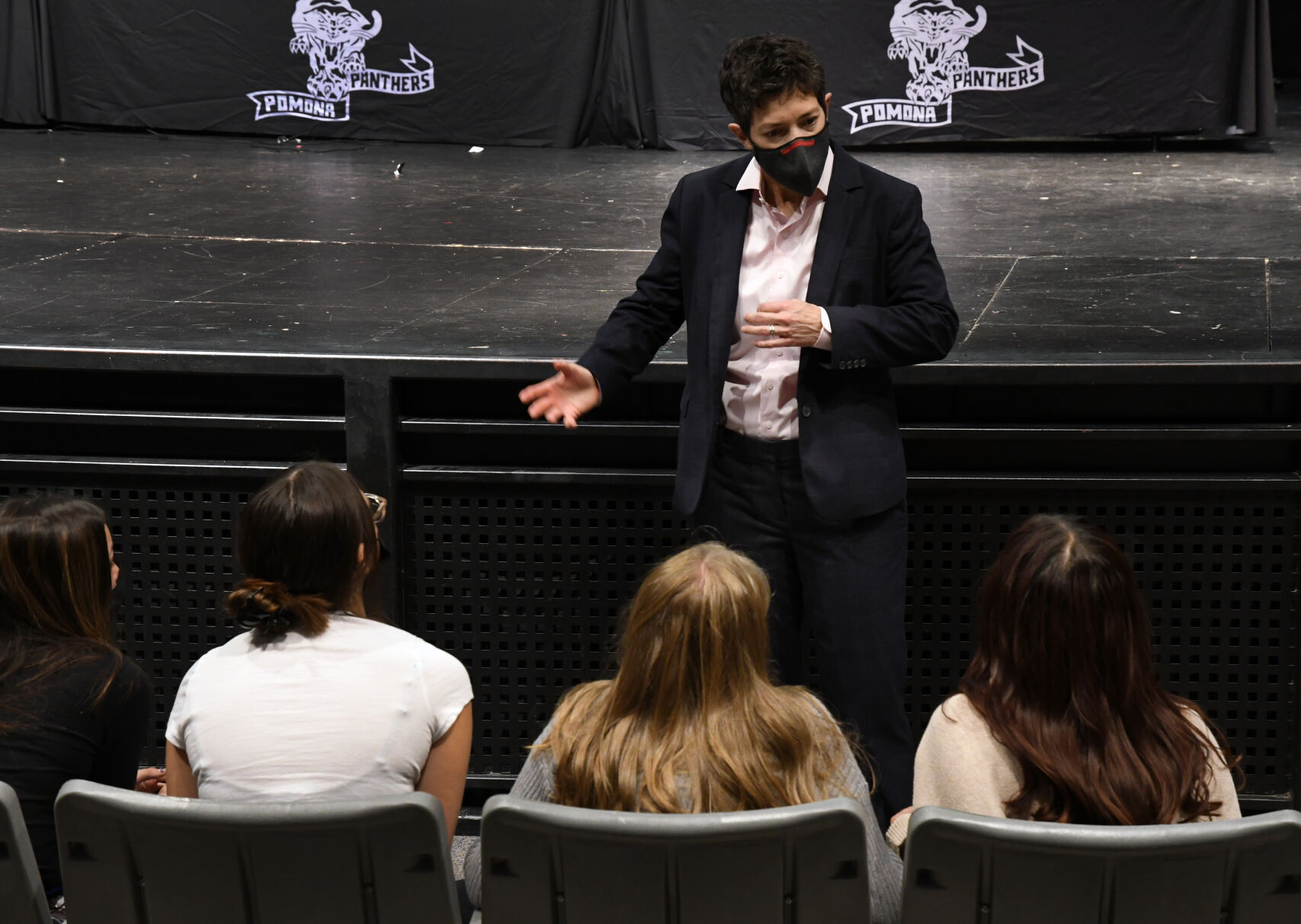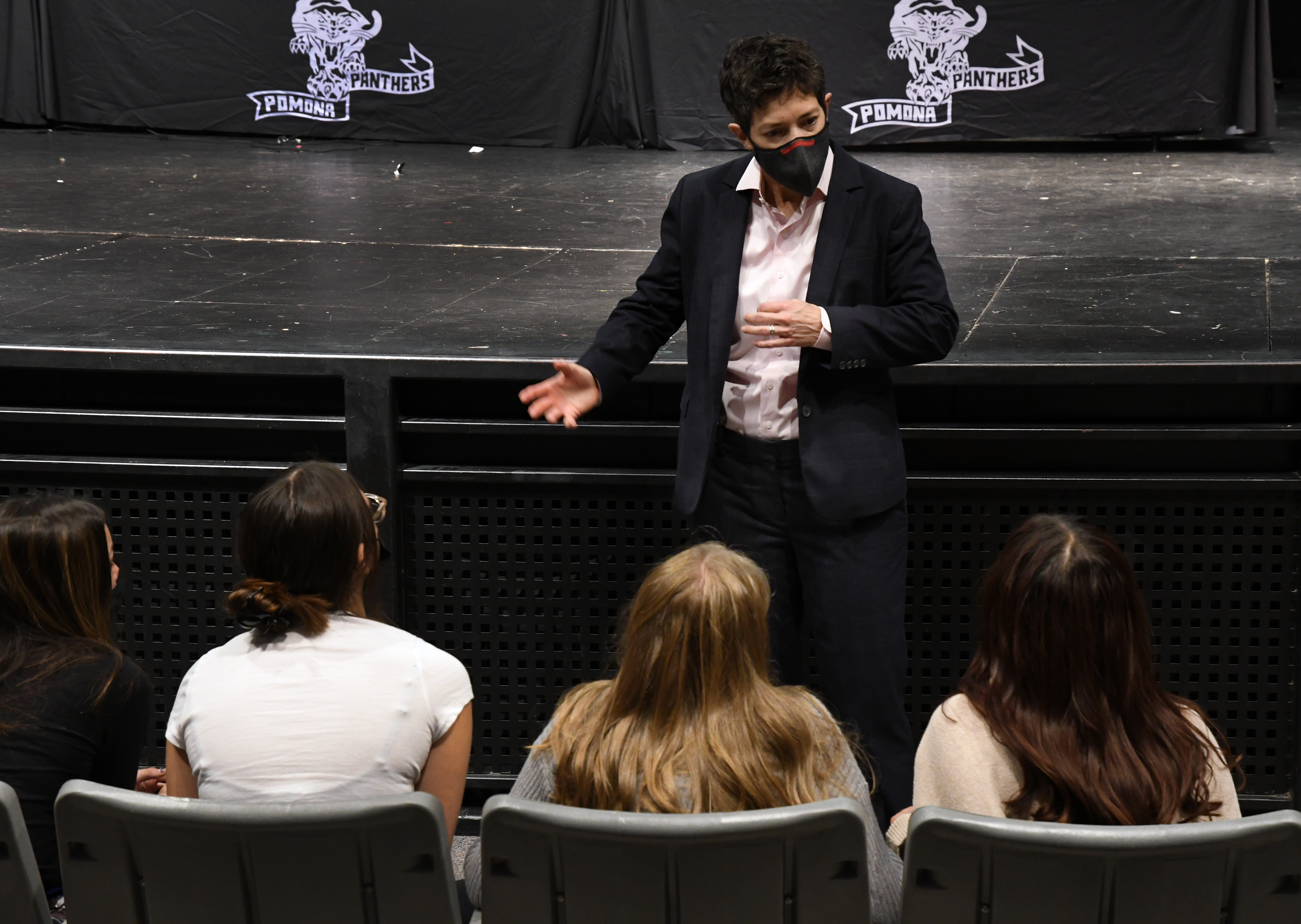Colorado Supreme Court, 4-3, orders new trial after judge blocked defense from questioning alternate suspect

In the face of strong evidence suggesting a woman sentenced to four years in prison for burglary did not actually commit the crime, the Colorado Supreme Court on Monday agreed a Weld County judge improperly barred the defense from questioning an alternate suspect during trial.
The 4-3 decision held that the inability of Nora Hilda Rios-Vargas to call the alternate suspect to the witness stand, even if the suspect intended simply to invoke her own constitutional right against self-incrimination, infringed upon Rios-Vargas’ right to present a defense – and likely contributed to Rios-Vargas’ conviction.
“In practice, our holding today will apply in relatively narrow circumstances,” wrote Justice Monica M. Márquez in the June 12 opinion, noting that not all cases involving an alternate suspect’s blocked testimony will lead to a constitutional violation. But, she continued, “This is such a case.”

Prosecutors charged Rios-Vargas with the burglary of a Weld County trailer home, in which someone had stolen $15,000 in jewelry and $3,000 in coins, among other things. The only evidence tying Rios-Vargas to the crime scene was a latex glove containing her DNA.
On the other hand, law enforcement had ample evidence implicating another suspect, the victim’s niece. The niece knew when the victim would be gone from the trailer, she had the motive and opportunity to frame Rios-Vargas, she avoided police questioning, some coins were found at her own nearby home, and the list of stolen items included the title to the trailer she lived in – which she rented from the victim. Even the victim believed his niece was responsible for the burglary.
However, then-District Court Judge Thomas J. Quammen learned the alternate suspect, if called to testify, would invoke her own Fifth Amendment right against self-incrimination, as prosecutors had not granted her immunity. Finding the alternate suspect’s right “trumps the defendant’s right to present a defense,” Quammen refused to allow the defense to question her in front of the jury.
The prosecution, as a result, told jurors Rios-Vargas’ insistence that an alternate suspect was responsible was the “very definition of imaginary.”
A three-judge panel for the Court of Appeals concluded that, based on Supreme Court precedent, Rios-Vargas was not entitled to force the alternate suspect to testify under the circumstances. In any event, Rios-Vargas “thoroughly presented her alternate suspect defense,” wrote Judge Stephanie Dunn.
During oral arguments before the Supreme Court, some justices appeared unconvinced that merely allowing Rios-Vargas to tell jurors about an alternate suspect was constitutionally sufficient. Letting the alternate suspect decline to answer questions about her own involvement in front of jurors “would have been the most powerful piece of evidence,” Márquez observed.
“This is how innocent people are convicted,” public defender Casey Mark Klekas agreed in arguing for a new trial.
The Supreme Court’s majority, in siding with Rios-Vargas, overruled its own 1976 decision that blocked defendants from asking questions when a witness intends to invoke their Fifth Amendment right. Instead, Márquez laid out a procedure for trial judges to follow, permitting jurors to hear alternate suspects answer non-incriminating questions first and then questions where the suspect declines to testify.
She added the protocols would prevent “unnecessary courtroom drama,” involving defense attorneys repeatedly asking questions and the alternate suspect “taking the Fifth.”
Given the credibility of Rios-Vargas’ alternate suspect theory and that prosecutors had characterized it as “imaginary,” the Supreme Court’s majority found it likely that Quammen’s decision to block the testimony contributed to Rios-Vargas’ potentially wrongful conviction.
Writing in dissent, Chief Justice Brian D. Boatright primarily argued the Supreme Court was making a mistake by overruling its 1976 decision. Instead, he believed neither defendants nor prosecutors should be able to call witnesses who will decline to incriminate themselves on the stand.
Boatright used a hypothetical example involving a man accused of stealing ladies’ underwear from a home. The defendant could point to an alternate suspect, a registered sex offender living nearby, who had nothing to do with the crime in reality but who had recently been inside the victim’s home. Under the new standard, the hypothetical defendant could call the sex offender to testify – or force him to invoke his Fifth Amendment rights – thereby generating questions about the true identity of the perpetrator.
“And because the prosecution would be unable to cross-examine the witness, the prosecution would have no effective way to combat that speculative inference,” Boatright wrote for himself and Justices William W. Hood III and Maria E. Berkenkotter.
A spokesperson for Weld County District Attorney Michael Rourke declined to comment when asked whether Rourke genuinely believes Rios-Vargas, and not the alternate suspect, committed the burglary.
The case is Rios-Vargas v. People.













